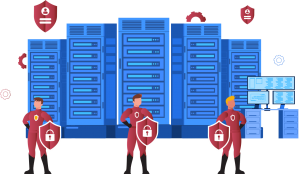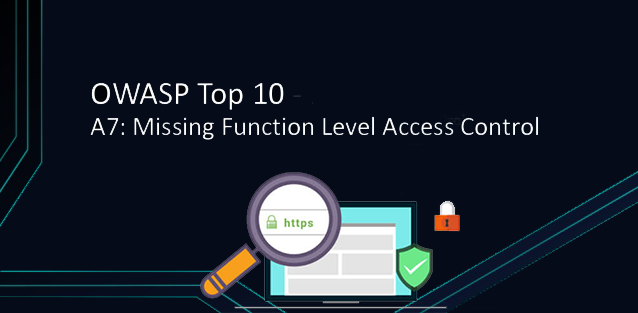Mobile devices are involved in every aspect of our lives. We rely on mobile applications in banking, shopping, communication, gaming and many other areas. This heavy usage makes mobile applications an attractive target for cyber attacks. In this blog post, we will examine why mobile applications are vulnerable to cyber attacks, the consequences of these attacks, and comprehensive solutions for both developers and users.
Reasons for Vulnerability Against Cyber Attacks:
There are many factors behind the vulnerability of mobile applications to cyber attacks. We can list these factors as follows:
- Rapid Development Process: Mobile applications tend to be developed with a focus on getting to market quickly. This can lead to vulnerabilities being overlooked and undertested.
- Inadequate Security Tests: Security tests such as penetration testing, pentesting or penetration testing are not adequately applied in many mobile application development processes. These tests reveal security vulnerabilities and vulnerabilities in the application and ensure that necessary precautions are taken.
- Complex Code Bases: Code bases of mobile applications can be quite complex. This complexity makes it difficult to find and fix vulnerabilities.
- Third-Party Libraries: Mobile applications often resort to third-party libraries to extend their functionality. These libraries, if not kept up to date or developed securely, can make the application vulnerable to cyber attacks.
- Lack of User Awareness: Many users are unaware of how vulnerable mobile applications are to cyber attacks. This prevents users from taking the necessary precautions and makes them more vulnerable to cyber attacks.
Consequences of Cyber Attacks:
Cyber attacks on mobile applications can lead to a variety of negative consequences for users and businesses. Some of these results are:
- Theft of Personal Data: Attackers can steal users’ names, addresses, credit card numbers, passwords and many other personal data. This information can be used for identity theft, fraud and other illegal activities.
- Financial Losses: Attackers can steal money from users’ bank accounts or make fraudulent transactions using mobile payment systems.
- Application Corruption: Attackers can corrupt an application and render it unusable. This prevents users from accessing the application and benefiting from the services offered.
- Encryption of Data: Attackers can encrypt data in an application and prevent users from accessing it. This may cause users to lose access to important information and suffer data loss.
Comprehensive Solutions:
Both developers and users have important duties to protect mobile applications against cyber attacks. We can list these tasks as follows:
Solutions for Developers:
Secure Coding Practices: Applications developed using secure coding principles and best practices are more resistant to cyber attacks.
- Penetration Tests: Perform regular penetration tests
- Static Code Analysis Tools: These tools help detect vulnerabilities while writing code.
- Caution in Using Open Source Code: Although the use of open source code is common, the libraries to be used should be selected from reliable sources and be sure that they do not contain any security vulnerabilities.
- Secure Encryption Methods: It is important to use secure encryption methods during the transmission and storage of user data.
- Multi-Factor Authentication (MFA): Using MFA in applications reduces the risk of unauthorized access.
- Regular Updates: Regular updates of operating systems and mobile applications ensure that newly discovered security vulnerabilities are closed.
Solutions for Users:
- Downloading Applications from Reliable Sources: Mobile applications should only be downloaded from official application markets. Applications downloaded from third-party sources may contain security vulnerabilities.
- Checking Permissions: Users should carefully check the permissions they give to the applications they download. A gaming app does not need permission to access your location information.
- Use of Strong Passwords: Strong and unique passwords should be used in mobile applications and all other online platforms.
- Careful Link Clicking: Doubtful links in mobile applications should not be clicked. These links can be used for phishing attacks.
- Use of Mobile Antivirus: Using reliable antivirus software for mobile devices provides protection against malicious software.
- Keeping Applications Updated: Just like operating systems, it is important to update downloaded mobile applications regularly.
While mobile applications make our lives easier, they can also make us vulnerable to cyber attacks. Therefore, both developers and users need to act consciously and take the necessary precautions. It is possible to make mobile applications more resistant to cyber attacks by using secure coding practices, regular security tests and increasing user awareness.
Cyber Security Culture:
Cybersecurity is the responsibility of all individuals, not just developers or IT professionals. It is important to create a cybersecurity culture to protect our personal data and protect against cyber attacks. This culture encourages individuals to be alert to suspicious situations, implement security measures, and report attempted cyberattacks to authorities.








